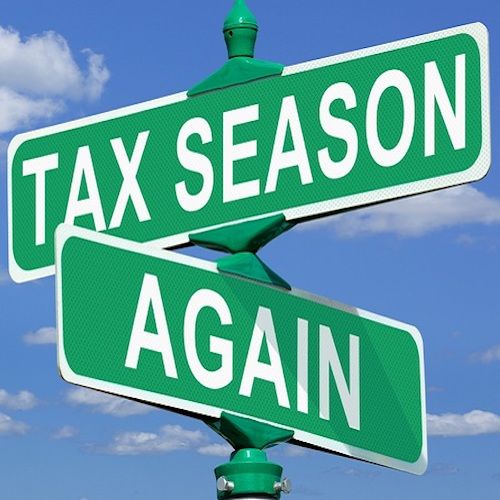It’s Tax Season – Shredding Tips
Know What to Shred and What to Keep
It’s that time of year again! Tax season is upon us. The time of the year when you will pull out confidential papers from files and boxes, exchange sensitive information with your accountants, and eventually file your taxes online. Tax related frauds are the most common form of identity theft. A 2017 Federal Trade Commission (FTC) report indicates that tax-related frauds account for 29.2% of the reported incidents of identity theft.
You can minimize the risk of falling prey to tax identity frauds in two key ways:
- Keep all your financial and Personally Identifiable Information (PII) in a safe place, under lock and key.
- Securely destroy all documents that are no longer needed.
While you put together all the necessary paperwork during this tax season, think about what records you want to retain or discard after you have filed your taxes. The information management specialists in Florida offer some insights.
Saving Versus Shredding Your Tax-Related Documents
Whether you are filing taxes as an individual, professional, sole proprietor, or co-business owner, there are certain tax-related documents that you need to hold on to for a fixed period of time, as mandated by federal regulation.
Here are some documents that you can safely discard after completing your taxes:
(Theserecommendations on document retention are general guidelines only. They are not intended to represent legal advice. Contact your legal expert(s) or federal, state or provincial government to ensure you are following current legal requirements for your area.)
- Your monthly pay stubs
- Bank statements, including credit card statements, ATM receipts, and cancelled checks
- Any purchase receipts (excluding the ones that serve as warranties)
- Utility bills, cable bills, gas receipts, or any other bills you stored for the purpose of filing taxes
- Documents that are past the recommended retention period
- Any other records that include your name, address or private information, but are no longer needed for any purpose
- Scraps, or sticky notes on which you have scribbled passwords, or other sensitive information during tax accounting
Here is an indicative list of records that you should hold on to for several years after filing taxes:
- Your tax returns and other supporting documentation, including investment statements, W2s, and deduction claim receipts (such as support payments, mortgage interest payments, retirement plan contribution, charitable contributions, etc.)
- Copies of previous tax returns that are still under the recommended retention period
- Titles and deeds for automobiles and properties
- Records related to home improvement, pension plans, estate plans and any other financial planning documents
- Receipts for major purchases, such as electronics, jewelry and furniture
Protect and retain certain documents for eternity. These include all important personal records, such as your birth certificate, marriage or separation papers, Social Security Identification, and all valid and expired passports.
Keep Your Personal Information Safe in Tax Season and Beyond
Protecting your personal information is imperative at all times, tax season or not. Take the necessary precautions to keep your offline, as well as online identity safe.
- For online security, follow best practices, such as strong passwords, smart use of social media, caution while surfing unknown sites or shopping online and other sensible protocols to protect your confidential information.
- For safekeeping of physical documents, set up a secure, fire-proof storage system on-site or off-site.
- When you get rid of any old electronic devices, ensure that the thumb drives, hard disks and any other associated digital media are also securely destroyed.
For all your record storage and document destruction needs in and around central Florida, trust a company who has a Service Organizational Report (SOC), NAID AAA, PRISM Privacy+ and PCI Certified company, such as Crown Information Management. Save time, space and money, but most importantly…reduce your risk with our secure records storage and document destruction services. We provide a range of services for safe storage and meticulous destruction of physical and digital documents and records for businesses as well as individuals. Schedule secure on-site purges and hard drive destruction, or ‘walk-in’ to our paper destruction facilities in Winter Haven and Daytona.
For secure destruction of physical and digital records, choose the professionals at Crown Information Management. Speak to one of our service technicians at 800-979-9545 or use our online form to request a free quote.






